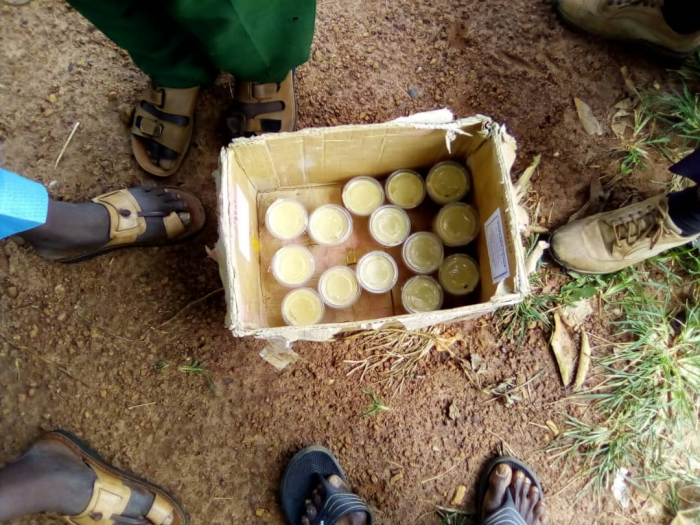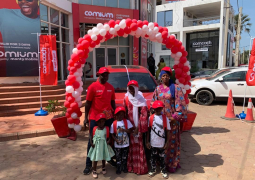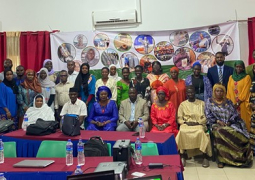
The rationales behind the establishment of SLM forum at Regional level are: to strengthen the Monitoring and Evaluation system on ANR projects and programmes; to provide an “on the job-training” to regional stakeholders involved in SLM practices; and to improve the capacity on planning and coordinating the regional SLM work in order to react quickly and efficiently to weaknesses in SLM aspects.
The Community- Based Sustainable Dryland Forest Management Project through Food and Agriculture Organization (FAO) of the United Nations supported the regional field monitoring visits.
According to a release obtained by The Point, the specific objective of the project is to reduce forest degradation in the northern part of The Gambia river through strengthening policy and institutional capacity for sustainable dryland forest management, community-based sustainable dryland forest management and rehabilitation, project monitoring and evaluation and information dissemination.
The sites visited in the 4 regions include intervention sites supported by the Agency for the Development of Women and Children (ADWAC), Department of Forestry and NACO alongside intervention sites of the Department of Agriculture on seed multiplications with sample farmers, Ecosystem- based Adaptation Project sites for Regional Central Tree Nurseries, rehabilitation of forest stations and Village Water Committees of the Department of Water Resources.
ADWAC support targets project beneficiaries including provision of metallic stoves and capacity building on the construction and use of Mud stoves in order to reduce the dependencies and use of fuel wood for cooking and ??????? heating Range land establishment and conclusion of protocols or agreements on livestock tracks.
NACO tasks include support to the functionality of SLM Regional Forums, by creating economic activities for Community Forest Committees through the establishment of socially accepted and economically viable forest enterprises and support to the transformation of Community Forest Conflicts. The DoF being the main government partner on the project provided technical forest management skills development for forest resource rehabilitation and facilitation of Community Forest Tenure transfers with the objectives of putting more forest areas under sustainable management in the project sites as enshrined on the Gambia Forest Management Concept (GFMC).
The forum members agreed on key areas that need to be strengthened. These areas include, the facilitation of forest tenure transfers, speedy conclusion of grazing agreements in collaboration with the Department of Livestock Services, distribution of more metallic stoves to vulnerable women, training of women groups in the use and maintenance of Mud Stoves, reinforce bee baiting practices such that the imported bee hives could be colonized, provide business incubation support to Community- Based Enterprises and strategic alliance among resource partners/ projects and Government Agencies on SLM to reduce duplication of resources and efforts at Regional level.




